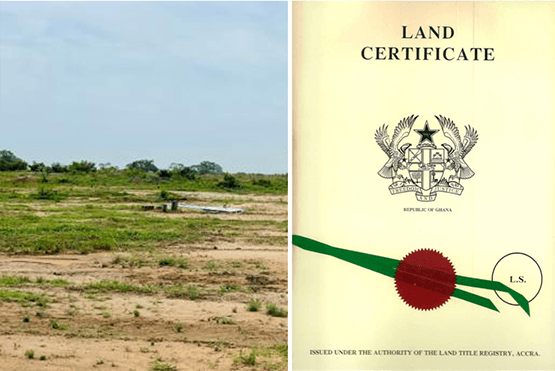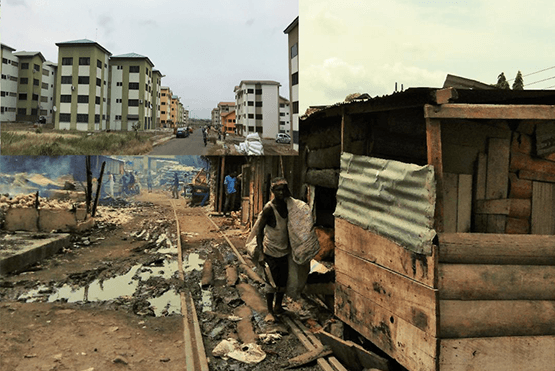Ghana, a West African nation known for its rich cultural heritage and diverse landscapes, is an attractive destination for both foreign investors and citizens seeking to own land. However, navigating the intricacies of land title and ownership in Ghana can be a daunting task. This comprehensive guide aims to shed light on the various land titles and ownership structures in Ghana, offering valuable insights to help foreigners and citizens make informed decisions when acquiring land.
Comprehensive Guide to Land Title and Ownership in Ghana
-
Historical Overview
To understand land title and ownership in Ghana, it is essential to delve into its historical context. Ghana’s land tenure system is deeply rooted in tradition and custom. Historically, land has been communally owned and administered by traditional authorities. This historical legacy plays a significant role in shaping the land title and ownership landscape in the country today.
-
Types of Land Titles
In Ghana, there are several types of land titles, each with its own legal implications. The primary land titles include:
a. Customary Land Titles:
Customary land titles are prevalent in rural areas and are governed by traditional authorities. These titles are based on customary practices and often require the consent of the local chiefs and community.
b. Leasehold Titles:
Leasehold titles grant the holder the right to use and develop land for a specified period, typically 50 to 99 years. These titles are commonly used for commercial and industrial purposes.
c. Freehold Titles:
Freehold titles represent full ownership rights, allowing the holder to use, develop, and transfer the land without time restrictions. Freehold titles are less common than leasehold titles in Ghana.
d. Government Land Titles:
These titles apply to land owned by the government and are typically leased to individuals or organizations for specific purposes, such as agriculture or infrastructure development.
-
Acquisition of Land
a. Land Acquisition Process:
Acquiring land in Ghana involves a series of steps, including land search, negotiation with the landowner, and payment of the agreed-upon price. It is essential to engage the services of a qualified land surveyor and a lawyer to ensure a smooth acquisition process.
b. Due Diligence:
Before purchasing land, conduct thorough due diligence. Verify the legitimacy of the land title, check for encumbrances, and confirm that the land is not subject to litigation.
c. Documentation:
Proper documentation is crucial. Ensure that all agreements, receipts, and deeds are properly executed and registered with the relevant land authorities.
-
Land Ownership Structures
Ghana recognizes various land ownership structures, including:
a. Individual Ownership:
Individuals can acquire land for personal use or investment. This form of ownership is subject to the chosen land title.
b. Corporate Ownership:
Companies and organizations can acquire land for various purposes, such as business operations or real estate development.
c. Joint Ownership:
Multiple individuals or entities can jointly own land. Clear legal arrangements should be in place to define the rights and responsibilities of each party.
d. Trusts and Estates:
Land can be held in trust or as part of an estate, with designated beneficiaries.
-
Legal Framework
Ghana has established a legal framework governing land ownership and titles. The Land Act of 2020 and the Land Use and Spatial Planning Act of 2016 provide the legal basis for land transactions and management. Understanding these laws and regulations is crucial when dealing with land in Ghana.
-
Challenges and Risks
Despite the potential opportunities, land acquisition in Ghana comes with challenges and risks. These may include land disputes, conflicting customary and statutory laws, and the need for continuous community engagement.
In summary of the above
Acquiring land in Ghana is a significant decision that requires careful consideration of the land title, ownership structure, and legal framework. By understanding the intricacies of land title and ownership in Ghana, both foreigners and citizens can make informed decisions, contribute to sustainable development, and respect the country’s rich cultural heritage. Engaging qualified professionals and conducting due diligence are essential steps in ensuring a smooth and lawful land acquisition process in Ghana.




